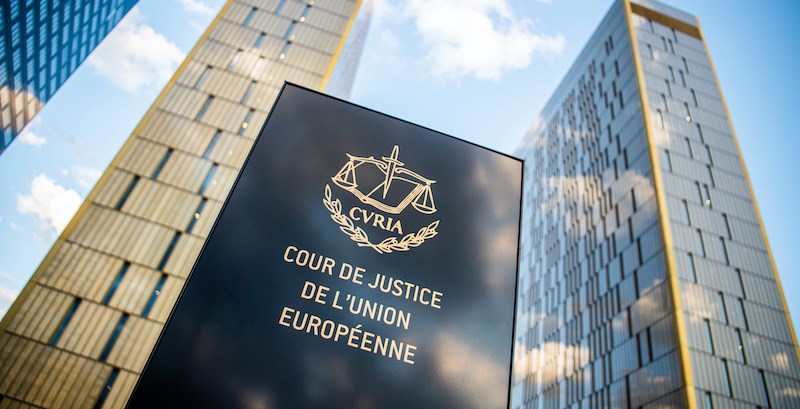Court of Justice of European Union, Grand Chamber, 26 marzo 2019, n. 129
On those grounds, the Court (Grand Chamber) hereby rules:
The concept of a ‘direct descendant’ of a citizen of the Union referred to in Article 2(2)(c) of Directive 2004/38/EC of the European Parliament and of the Council of 29 April 2004 on the right of citizens of the Union and their family members to move and reside freely within the territory of the Member States, amending Regulation (EEC) No 1612/68 and repealing Directives 64/221/EEC, 68/360/EEC, 72/194/EEC, 73/148/EEC, 75/34/EEC, 75/35/EEC, 90/364/EEC, 90/365/EEC and 93/96/EEC must be interpreted as not including a child who has been placed in the permanent legal guardianship of a citizen of the Union under the Algerian kafala system, because that placement does not create any parent-child relationship between them.
However, it is for the competent national authorities to facilitate the entry and residence of such a child as one of the other family members of a citizen of the Union pursuant to Article 3(2)(a) of that directive, read in the light of Article 7 and Article 24(2) of the Charter of Fundamental Rights of the European Union, by carrying out a balanced and reasonable assessment of all the current and relevant circumstances of the case which takes account of the various interests in play and, in particular, of the best interests of the child concerned. In the event that it is established, following that assessment, that the child and its guardian, who is a citizen of the Union, are called to lead a genuine family life and that that child is dependent on its guardian, the requirements relating to the fundamental right to respect for family life, combined with the obligation to take account of the best interests of the child, demand, in principle, that that child be granted a right of entry and residence in order to enable it to live with its guardian in his or her host Member State.










